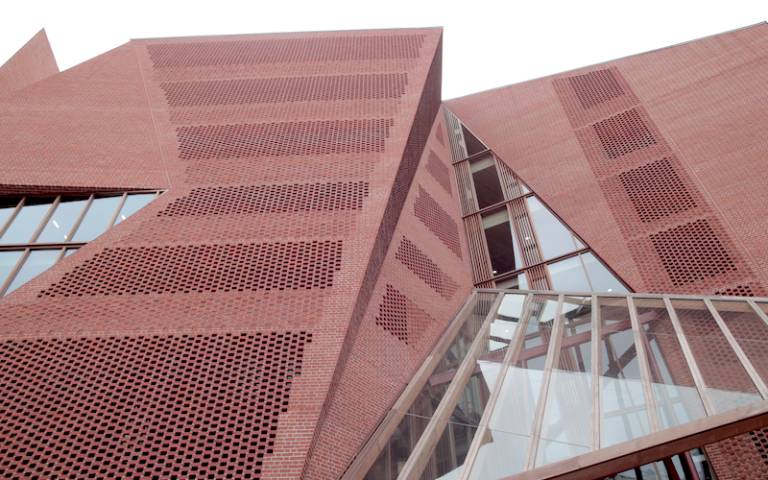Preparing the next generation of built environment professionals for a Net Zero future
14 June 2023
UCL Institute for Environmental Design and Engineering Director Dejan Mumovic provides editorial for the REHVA journal

The role of buildings in both humankind’s transition to net zero carbon emissions and the wellbeing of human society has increased significantly in importance since the turn of the century.
Transcending multiple disciplinary boundaries is becoming increasingly important for devising solutions to these pressing issues. These issues have extended the role of traditional HVAC engineers to all stages of the life of buildings, including:
- Preparation and briefing
- Concept design
- Spatial coordination
- Technical design
- Manufacturing and construction
- Handover
- Use, including circularity.
Undergraduate HVAC programmes play a critical part in developing new competencies and attributes of future built environment professionals. The challenges, opportunities and best practices described in a new special issue of the REHVA journal make a case for a 'revolutionary evolution' in the way we educate tomorrow’s engineering professionals.
In this special issue of the magazine, forty-six respondents from fourteen European countries provided their views on competencies and attributes of future built environment professionals. In addition, colleagues from Canada, Scotland, Netherlands, and Romania provided a set of educational approaches covering key aspects of engineering education, from building performance simulation to sustainable development, to integrated and net zero carbon design. This special issue ends with insights on transdisciplinary architecture and engineering education in England.
Links
Image credit: Dejan Mumovic
 Close
Close

